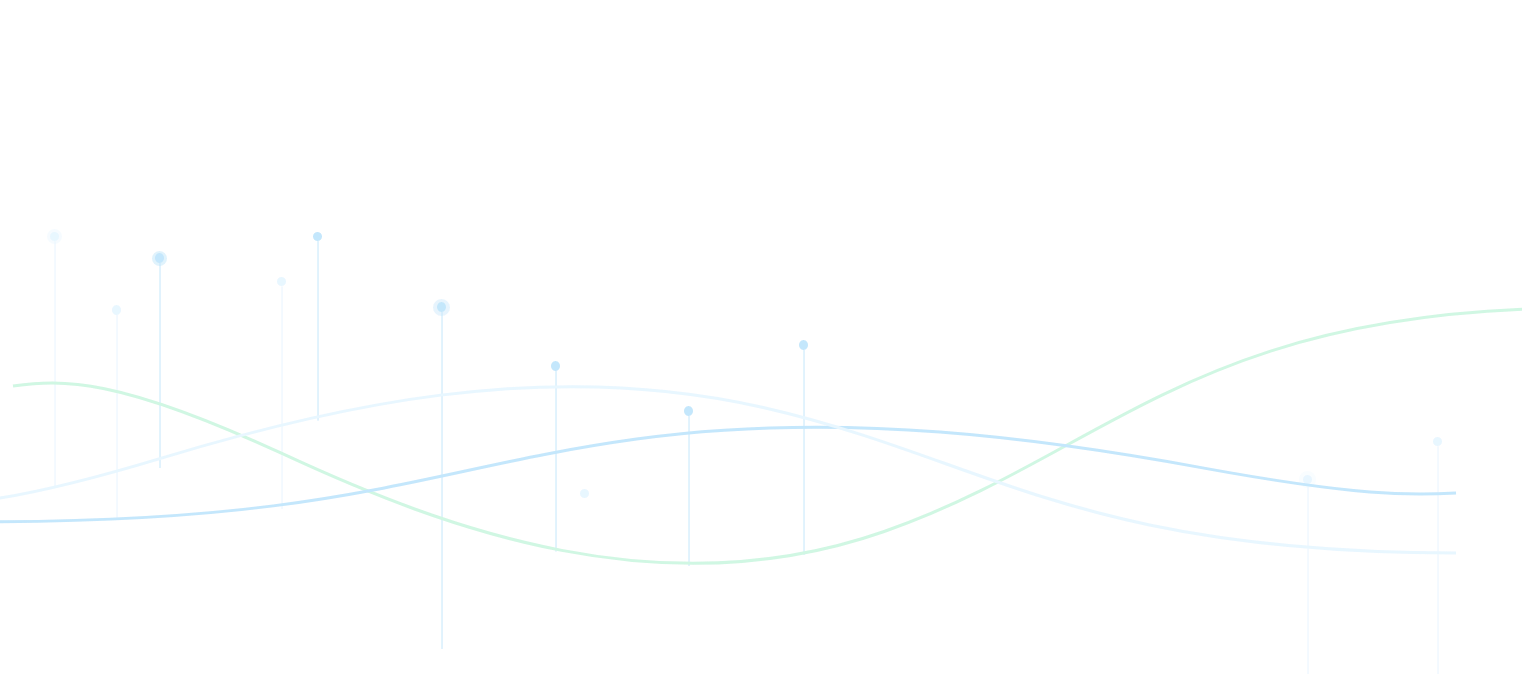
TEFCA Statement to WISHIN Participants
The Wisconsin Statewide Health Information Network, Inc. (WISHIN) is committed to providing high-quality, secure, real-time and reliable health information exchange (HIE) services. As part of this commitment, WISHIN has decided not to participate in the Trusted Exchange Framework and Common Agreement (TEFCA) at this time.
WISHIN used the following four principles in carefully considering and assessing TEFCA participation.
1. WISHIN’s trusted and locally controlled governance model. The Data Sharing and Participation Agreement (PA), a legal agreement signed by all participating organizations, governs the use of data contributed into and available through the WISHIN network. The PA outlines specific use cases permitted and agreed upon by all participants in the network and is compliant with HIPAA privacy rules. Within the Common Agreement, (CA) aspect of TEFCA, there are several flow-down provisions that would require WISHIN to substantially modify its PA use cases and further require those same provisions of all participants. As a QHIN Participant, WISHIN would have limited to no control regarding how data is used once it leaves the network and acquired by a QHIN/s, that might store the data for future use cases or potential monetization of the data beyond the WISHIN Participation Agreement governance authorization. Our position is to manage local data governance and maintain greater control over how and where patient information is shared and protected.
2. TEFCA’s Exchange Purposes. In comparison to the approved TEFCA Exchange Purposes of: a. Treatment, b. Individual Access Services, c. Payment, d. Health Care Operations, e. Public Health, and f. Government Benefits Determination[1], WISHIN-approved purposes support all of these, with the exception of Individual Access Services, within the control of the PA through specific use cases that are aligned with HIPAA. WISHIN cannot confirm a patient’s identity and therefore could not in good faith release data to an individual. If WISHIN participated in TEFCA, it would be required to meet each of the Exchange Purposes, including Individual Access Services, which again would require significant modification of WISHIN’s locally controlled governance model.
WISHIN’s robust data exchange capabilities have and continue to meet participants’ needs and will evolve as those needs change. Evidence of this exists in the WISHIN Pulse user data statistics. Since 2022 Pulse use has increased more than 150%. October 2024 use was the highest ever in a month, with more than 80,000 patient queries and 520,000 records viewed. This is not to say the network shouldn’t continue to expand; it will. WISHIN is dedicated to expanding the network and maintaining the high data exchange standards that our participants expect.
Further, WISHIN has proven value through its National Committee for Quality Assurance (NCQA) Data Aggregator Validation (DAV) accreditation. Through this program WISHIN offers primary-source-verified standard supplemental data, improving data collection timeliness for HEDIS and care management, and reducing the chart chase burden for providers and payers alike.
[1]https://rce.sequoiaproject.org/rce/faqs/#WhataretheTEFCAExchangePurposesDoesaQHINneedtosupportallofthem
3. Healthcare is delivered locally, not nationally. WISHIN believes that most healthcare is provided locally, and the data supports this belief. In partnership with Bamboo Health, an event notification services (ENS) provider with more than 2,000 hospitals in its national network, we have seen more than 820,000 Wisconsin-patient encounter notifications flow through the joint network between September 2023 and September 2024, with only 4% of those encounters taking place outside of Wisconsin. Of the 4% out of state encounters, 64% of these took place in Upper Michigan- and Illinois-based hospitals connected to the network. Less than 12% of out-of-state encounters occurred in other bordering or snowbird states. WISHIN’s participation in the eHealth Exchange (non-QHIN exchange) can help close those gaps now and into the future.
4. Costs associated with TEFCA participation. One investment would be to further upgrade the HIE infrastructure to follow the technical Standard Operating Procedures (SOPs) and ensure query response times can be met with the assumed added influx of queries. Second, QHINs are allowed to charge their Participants any fee they choose, which would result in unknown fees to WISHIN. These costs would eventually be passed on to WISHIN participants in the form of annual subscription increases or equivalent. By choosing not to take part at this time, WISHIN can continue to offer services at a sustainable cost without TEFCA-associated expenses or fee increases.
Please be assured that our decision not to take part in TEFCA at this time is based upon careful assessment of how WISHIN will best serve its participants and the patients they care for. Moving forward, we will continue to monitor the evolution and value of TEFCA, changes to SOPs and Exchange Purposes, and QHINs; keeping in mind the best interests of our participants and patients they serve.
Please know that your organization’s decision to partner with WISHIN does not preclude you from participating in TEFCA, nor does TEFCA participation limit your organization’s ability to participate in WISHIN. Your organization can participate in TEFCA while continuing to benefit from the unique and indispensable value provided by WISHIN.
If you have any questions or would like to discuss this decision further, please do not hesitate to reach out to our team at wishin@wishin.org.
Thank you for your continued trust and partnership.
Steven Rottmann
Chief Executive Officer


